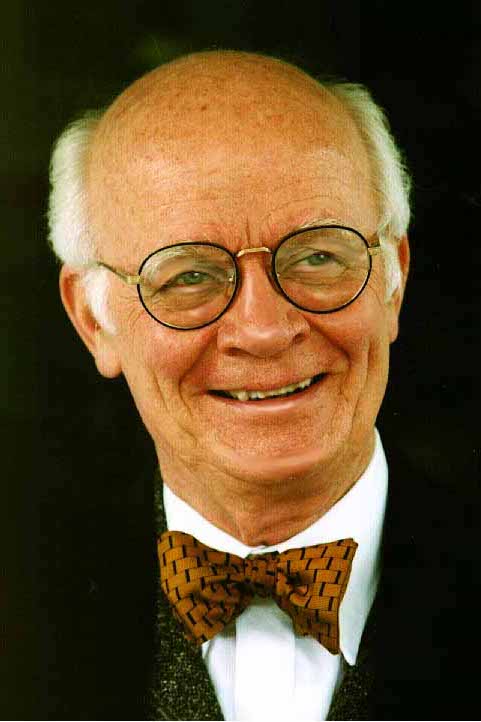Sightings, at least in its Monday column releases, regularly classifies many topics dubbed “church and state” as being unsolvable. We have quoted Walter Berns who wrote that the Founding Fathers, who get so regularly invoked in contemporary debates, solved the problem of church and state by not solving the problem. The Constitution and the Bill of Rights go a long way in providing a framework, but any look at State and U.S. Supreme Court rulings in any session will reveal that the demands of factions — as James Madison called them — are too complex to be satisfactorily faced and settled.
This season the major unsolvable issue was the case of Prof Mark Regnerus of the University of Texas. He published findings in Social Science Research, a sober journal which ordinarily provides little grist for sensational media. Regnerus, however, picked the topic which agitates more people than most, and which deals with unfinished business in religious, legal, and cultural debates: homosexuality. Let’s quote from the Right, Karla Dial, summarizing the issue in Citizen magazine: his findings suggested that children raised by homosexual parents were more likely than those raised by heterosexuals to grow up with problems too extensive to be summarized here.
Bloggers and others attack Regnerus, his methodology, his sponsors — undisguisedly promoters of anti-homosexual criticism — and more. I’ll attach a couple of sources which reveal how divided the readers of articles are on the gay parents issue. Readers of a few lines will see at once how volatile the discussions are. Regnerus’ host institution, the University of Texas, convoked a panel which backed Regnerus. The internet is crowded with comments on both sides of the issue.
Sightings wants to pick up on what makes this an addressable but finally insoluble concern of such interests. Here’s the line-up: one group of commentators found radical fault because Regnerus is explicitly Christian in his commitments, and argued that one cannot “do” respectable academic social sciences if those commitments are to forms of Christianity which are critical of those with viewpoints favoring rights of gays. One group sees no carry-over of a bias shaped by Christianity of a particular sort. The University of Texas found nothing to censure in the Regnerus case. Scholars on the other side found plenty to censure, and the fight over these issues goes on and on.
While one set of critics argue that one cannot favor Regnerus’s article without pressing the conservative Christian faith he professes, the other says that expressing his kind of Christianity without having it distort everything, is biasing, and should be ruled out. While many debate the empirical research and findings, Sightings steps back and says that in social sciences there is no pure land beyond prejudice, pre-judging, where scholars are free of bias. They may be fair-minded, careful, judicious, often hard to pin down, but dig, dig, dig and you will find presuppositions behind the presuppositions, this time subtly leading to a tilt one way or another.
The Regnerus incident in its first phase is now history and many move on. But astute religionists on left and right who know that social (and political and other) professors of total balance also bring their own presuppositions, which will be biasing. Scholars have all kinds of checks on their scholarship, but they can’t and don’t jump out of their communities, creeds, and commitments, recessive and vague though they seem.
References
Melissa Steffan, “Mark Regnerus Cleared Of Misconduct in Research Involving Gay Parents,” Gleanings, September 12, 2012.
Scott Rose, “Regnerus Anti-Gay Scandal: Open Letter To Texas Attorney General, The New Civil Rights Movement,” October 1, 2012.
Republished from Sightings with permission of the University of Chicago Divinity School.

The Fairfax M. Cone Distinguished Service Professor Emeritus at the University of Chicago, Dr. Martin E. Marty taught there for 35 years, chiefly in the Divinity School, where the Martin Marty Center for the Public Understanding of Religion was founded and to whose weekly column Sightings he contributed. Ordained a Lutheran pastor in 1952, he served from 1956-2013 as a columnist and senior editor at the Christian Century and authored more than 60 books including Righteous Empire, for which he won the National Book Award; the three-volume Modern American Religion; The One and the Many: America’s Search for the Common Good; The Mystery of the Child; Building Cultures of Trust; The Christian World: A Global History; Martin Luther (in the “Penguin Lives” series); and Dietrich Bonhoeffer’s Letters and Papers from Prison: A Biography.
